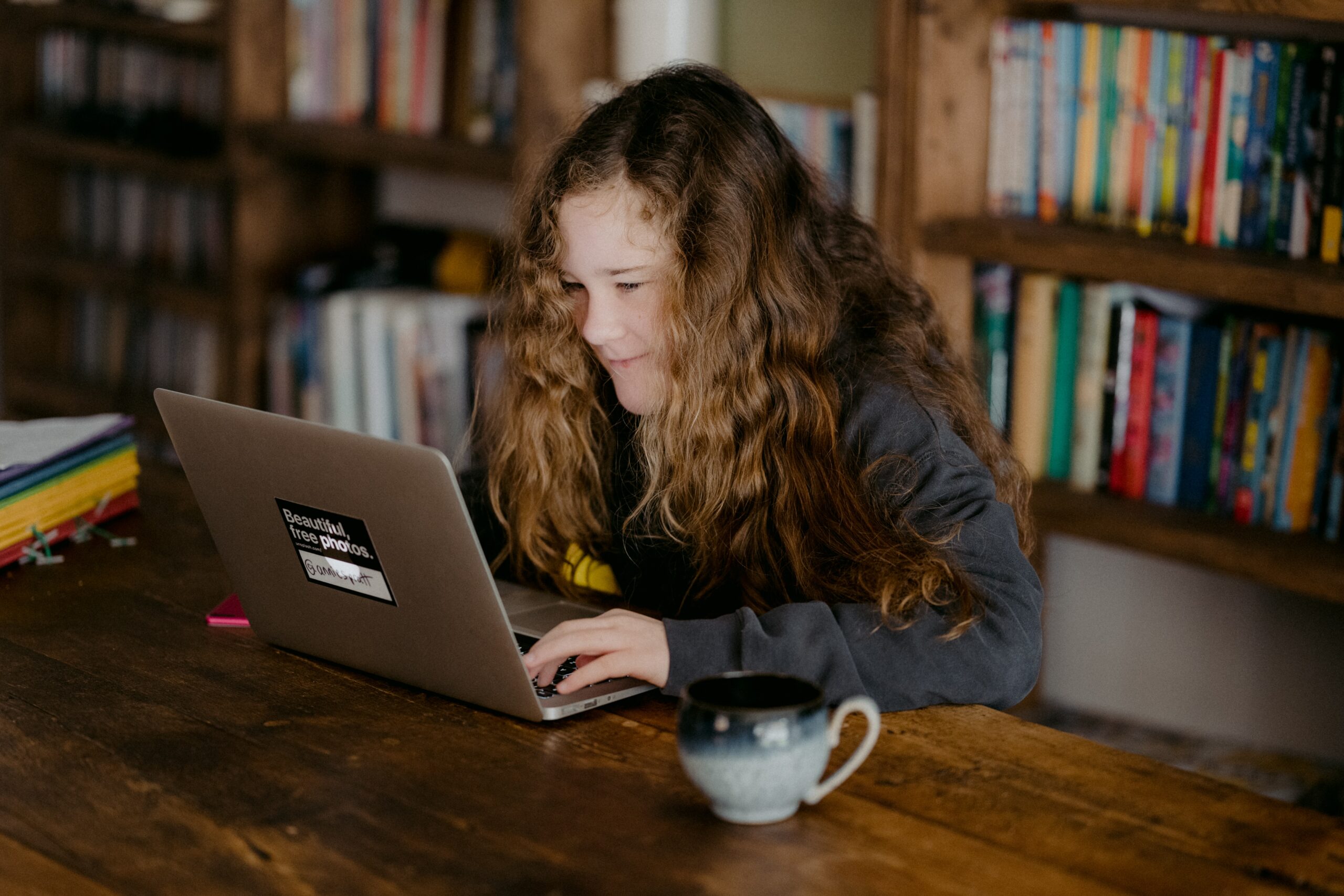Every parent wants their child to have friends, especially friends that are a positive influence on your kiddo. But when they’re home alone, what do you do? Allow your child to have friends over? Cut off all communication with their friends and ban them from ever coming to the house?
If your child asks, “can I have a friend over while I’m home alone?” the short answer is, no. Set the boundary from the very beginning that your child is not to have anyone over when they are home alone.
We know, we know…your kid will think you’re the worst for banning any friends while they’re home alone. But it’s a necessary boundary to set for both your child’s safety, your peace of mind, and the safety of your child’s friends! It might be a tough boundary to set and a hard conversation to have with your child, but safety is the number one priority for your child, especially when they are home alone.
Kids’ brains are still in the crucial stages of development, and as much as we want to assume they’ll always make the right choice, it is not realistic to expect this of them. Instead of setting them up to make poor decisions while they are with their friends unsupervised, it’s important to take out the variable of having friends over while they’re home alone. If your child knows that this is a non-negotiable from the very beginning, it will quickly become a nonstarter when discussing what they can and cannot do while home alone.
We always want to create opportunities for success for our children, but allowing friends over while they are home alone is not one of them. As they grow older and more responsible, say after a few years of showing you that they can follow the boundaries you’ve set for them, you can reopen the conversation about friends coming over, but at the beginning, it is important to take it off the table completely.
Help your kid save face with their friends by making it a rule they have to follow. By being the “bad guy” in this situation, your child will be free of the pressure of explaining why they might not want a certain friend over while they’re home alone. It’s our job as parents to set our children up for success, and not allowing friends over while our kids are home alone is an essential part of ensuring this!
But what if your child really wants to talk to that friend and they think having them over while they’re alone is the only way to achieve this? Offer the privilege of using the phone to call them while they’re home alone (depending on the age of your child.) This shows your child that you aren’t trying to punish them by not allowing friends over and they will start to understand that the boundaries you set are for their own health and safety, not punitive!
And as always, make sure your child knows to never open the door…for anyone. Even if it’s a friend that popped over to say hi. Give them a script to say if this ever happens: “Sorry, I can’t let you in, my mom said no one else is allowed in the house. I’ll call you tonight and we can plan some time to get together!”
What next?
Register your tween for a Home Alone Confidence Course?


